Back in March, I wrote a post at Lawyers, Guns and Money called “Remember ‘Great Power Competition?’ Lol.” As the “Grand Strategy” of Trump 2.0 comes into focus, I thought it would be a good idea to revisit and update it. In brief, the normie...
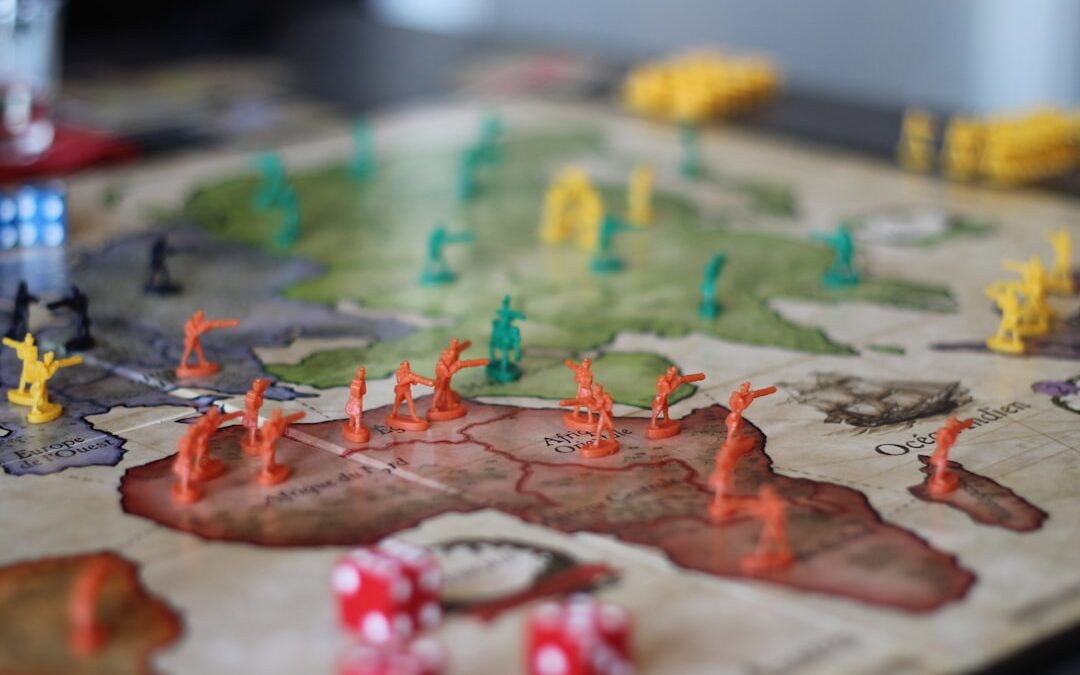

Back in March, I wrote a post at Lawyers, Guns and Money called “Remember ‘Great Power Competition?’ Lol.” As the “Grand Strategy” of Trump 2.0 comes into focus, I thought it would be a good idea to revisit and update it. In brief, the normie...
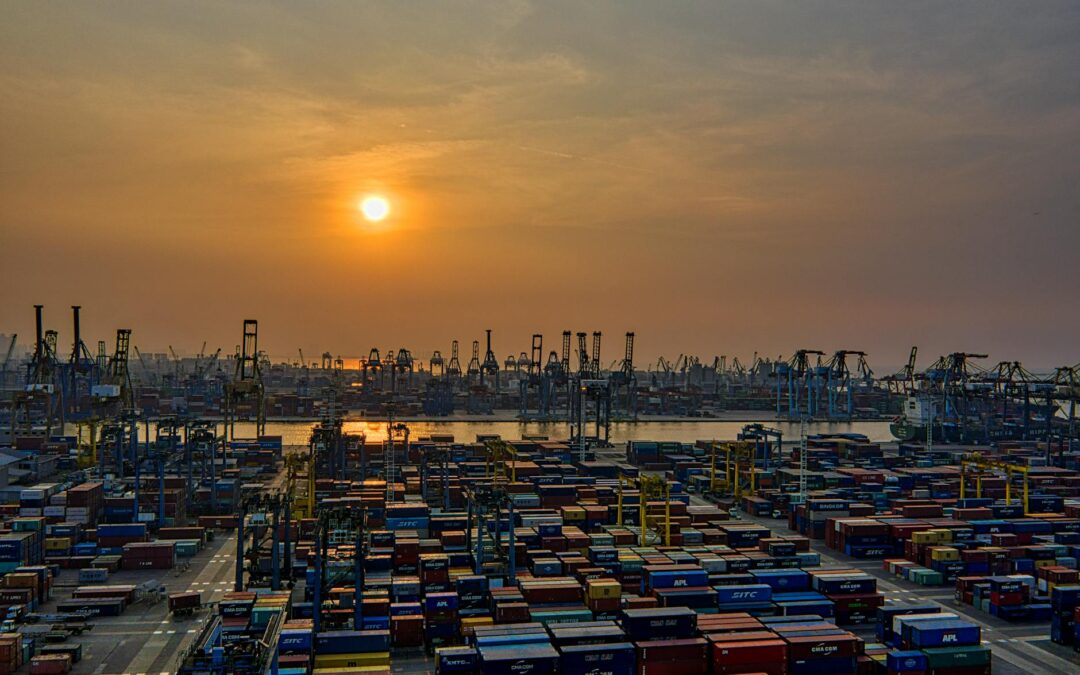
Dominant theories of international political economy leave little room for the influence of individuals. They also never anticipated that the United States might seek to completely upend the global economic order.

“A specter is haunting strategic studies—the specter of peace.” These bizarre words are from Richard Betts, who provocatively presented peace itself as a problem in a largely...
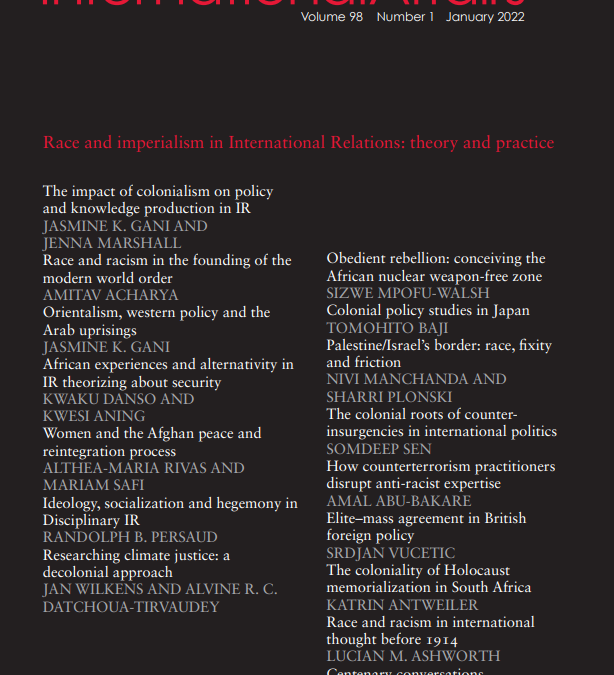
THe short-term contributions of the Special Issue have been worthwhile, but there remains a continued concern and challenge that with greater attention paid to race and imperialism in IR, these issues will become co-opted into the game of academic production, sanitised as intellectual curiosities, instead of being treated as matters of life and death that need to be opposed practically and not just on paper.

Decolonial methods, and the bringing of attention to race in knowledge production is necessarily historical. It demands a close re-reading of archives, forgotten texts, and sometimes “canonical” works. As a result, through this special issue and the wider work the authors build upon, we now have a very different understanding of the historical entanglements of race and international affairs knowledge.

Now that the myth of “theory-practice gap” has been largely refuted what role might IR and journals like International Affairs play in crafting a “reparative praxis”?

The International Affairs Centenary Special Issue on “Race and Imperialism in International Relations: Theory and Practice” was published two years ago in the aftermath of the global Black Lives Matter movement; it marked an atypical period of introspection by many scholars, departments, and journals of International Relations on the general paucity of attention given to matters of race and imperialism in IR research and teaching.

In 2015, Linus Hagström, a professor of political science at the Swedish Defence University, questioned the wisdom of Sweden joining NATO in a coauthored opinion piece. After its publication, some of his colleagues, especially those in the Swedish military, ostracized Hagström. Some even accused him of being a traitor, “running errands” for Russian propaganda, and called for him to be fired. So what actually happened to Hagström? Simply put, he committed heresy. In the national security policy community, some ideas become orthodoxies in which dissent against them is profane. For...

Who, if anyone, rules the world? Answering a question like that requires grappling with both the character of international order and the global distribution of power—facets of political life that are related but should not be conflated. Two new datasets—one by Security in Context* and the other compiled by Amitav Acharya, Antoni Estevadeordal, and Louis Goodman—give hints about the construction of global order and who rules. Taken together, these two datasets give a more granular sense of what may be going on: America has not necessarily lost control...
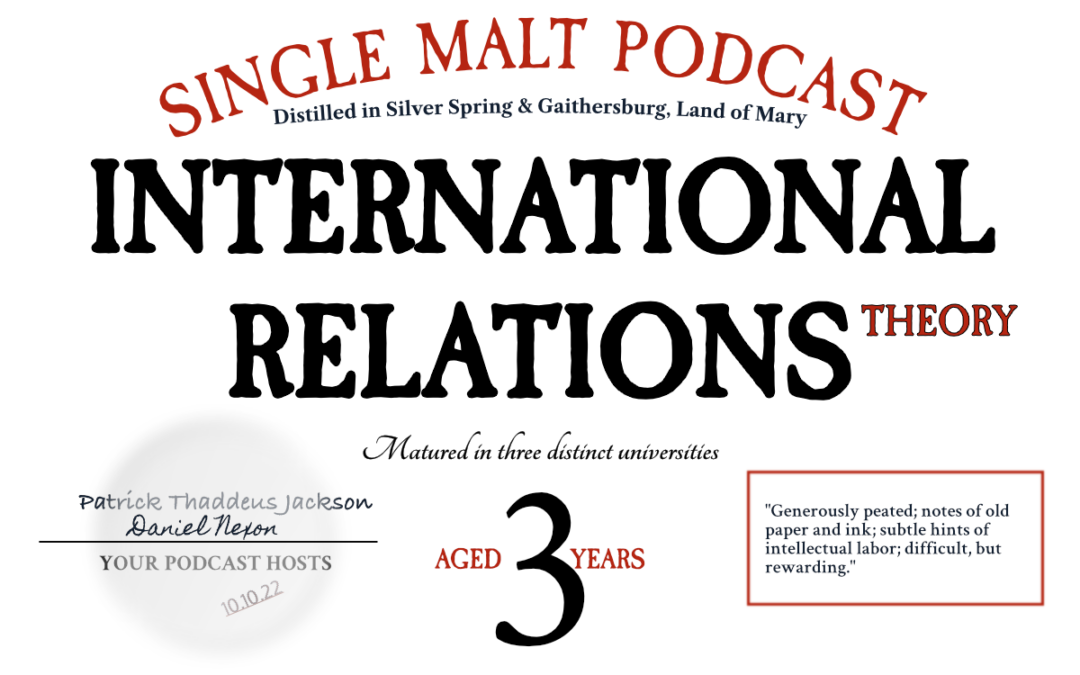
Robert Cox’s landmark article, “Social Forces, States and World Orders: Beyond International Rela…
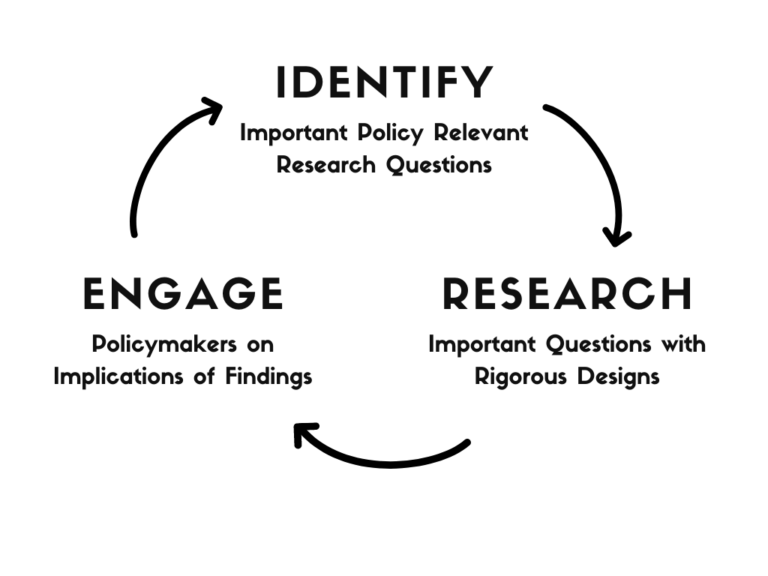
There is an increasing focus in academic and policy circles on research-policy partnerships. These partnerships are often achieved through co-creation, or “the joint production of innovation between combinations of industry, research, government and civil society.” Co-creation is central to innovation in the hard sciences and technology, but its role in international relations scholarship and aid policy remains underdeveloped. As scholars of international aid practice, we believe that co-creation can help us design and conduct more relevant, rigorous, and impactful research. It is also a...

Maybe the problem isn’t that scholars don’t know how to speak to U.S. foreign-policy makers, but rather that U.S foreign-policy makers don’t know how to engage with scholarship?